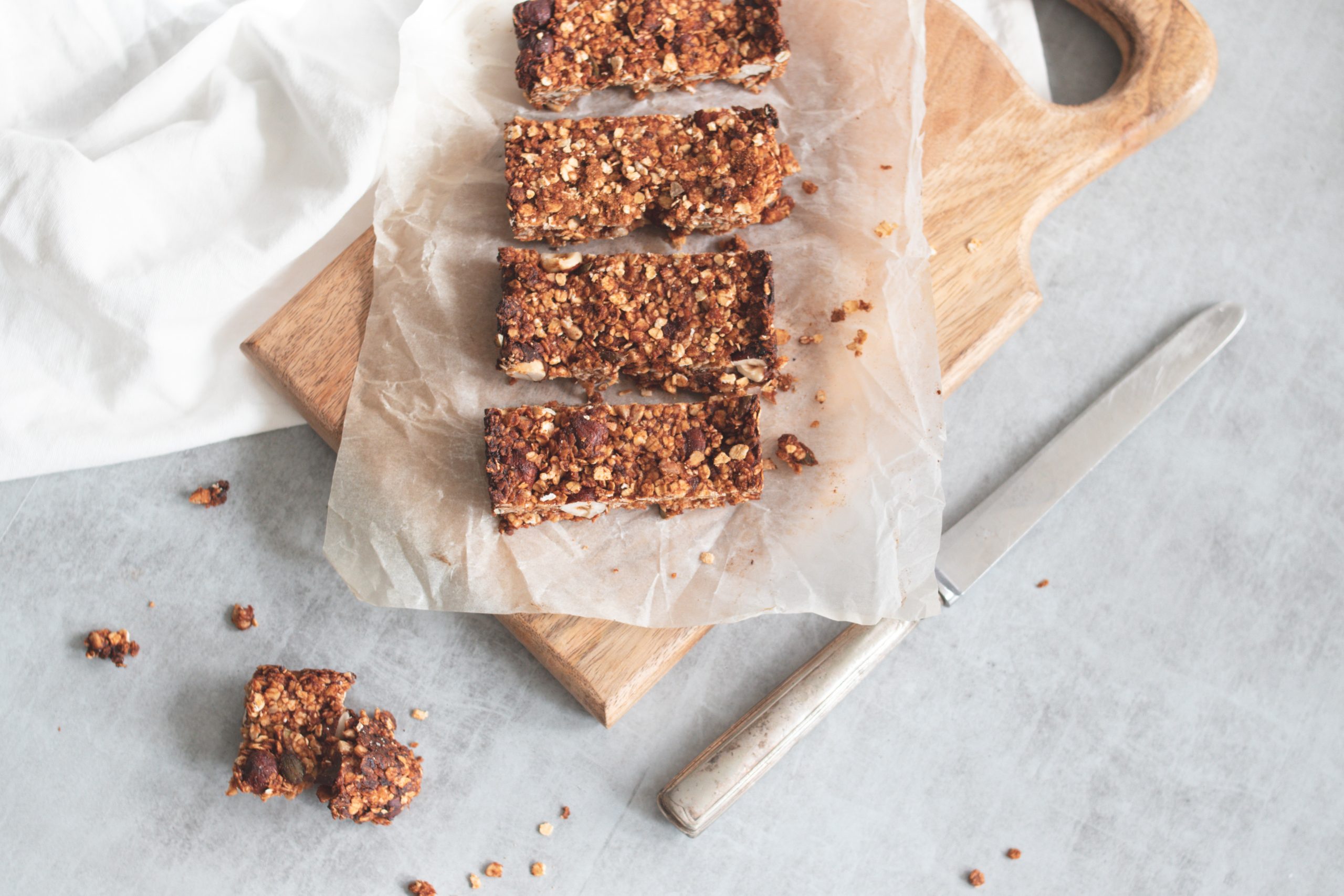
Gluten has become a hot topic in the health and wellness community, with many people claiming that it is harmful to everyone. But is gluten really bad for everyone, or are there myths that need to be debunked? In this article, we will explore the myths and facts surrounding gluten and its impact on our health.
What is Gluten?
Gluten is a type of protein found in wheat, barley, and rye. It gives bread and other baked goods their chewy texture and helps them rise during baking. For some people, gluten can cause digestive issues and other health problems, which has led to the belief that gluten is bad for everyone.
Myth: Gluten is Harmful to Everyone
One of the biggest myths surrounding gluten is that it is harmful to everyone. While it is true that some people have gluten sensitivity or celiac disease, which is an autoimmune disorder triggered by gluten consumption, the majority of people can tolerate gluten without any issues.
Fact: Only a Small Percentage of the Population Has Gluten Sensitivity
It is estimated that only about 1% of the population has celiac disease, and an additional small percentage has non-celiac gluten sensitivity. For these individuals, consuming gluten can lead to symptoms such as bloating, diarrhea, fatigue, and joint pain. However, for the vast majority of people, gluten is not harmful and can be enjoyed as part of a balanced diet.
Myth: Gluten-Free is Always Healthier
Another common myth is that gluten-free products are always healthier than their gluten-containing counterparts. While it is true that some people benefit from a gluten-free diet due to medical reasons, such as celiac disease or gluten sensitivity, many gluten-free products are highly processed and may contain added sugars and unhealthy fats.
Fact: Gluten-Free Doesn’t Equal Healthy
It is important to remember that just because a product is labeled gluten-free does not mean it is necessarily healthy. When choosing gluten-free products, it is important to read the labels and look for whole, natural ingredients. Opting for gluten-free whole grains like quinoa, brown rice, and oats can be a healthier choice than highly processed gluten-free products.
Conclusion
In conclusion, gluten is not bad for everyone. While some individuals may experience adverse effects from gluten consumption, the majority of people can tolerate gluten without any issues. It is important to separate fact from fiction when it comes to gluten and make informed decisions about our diet based on our individual needs and preferences.